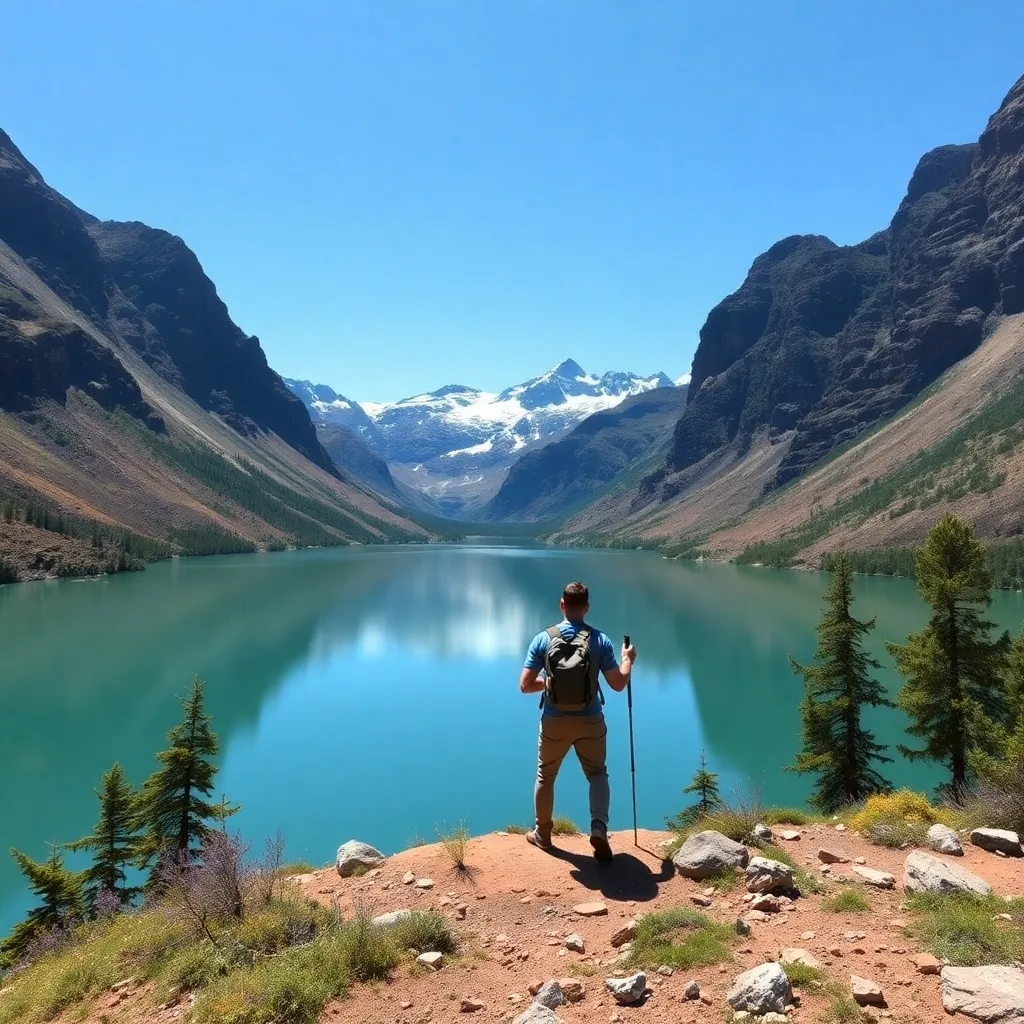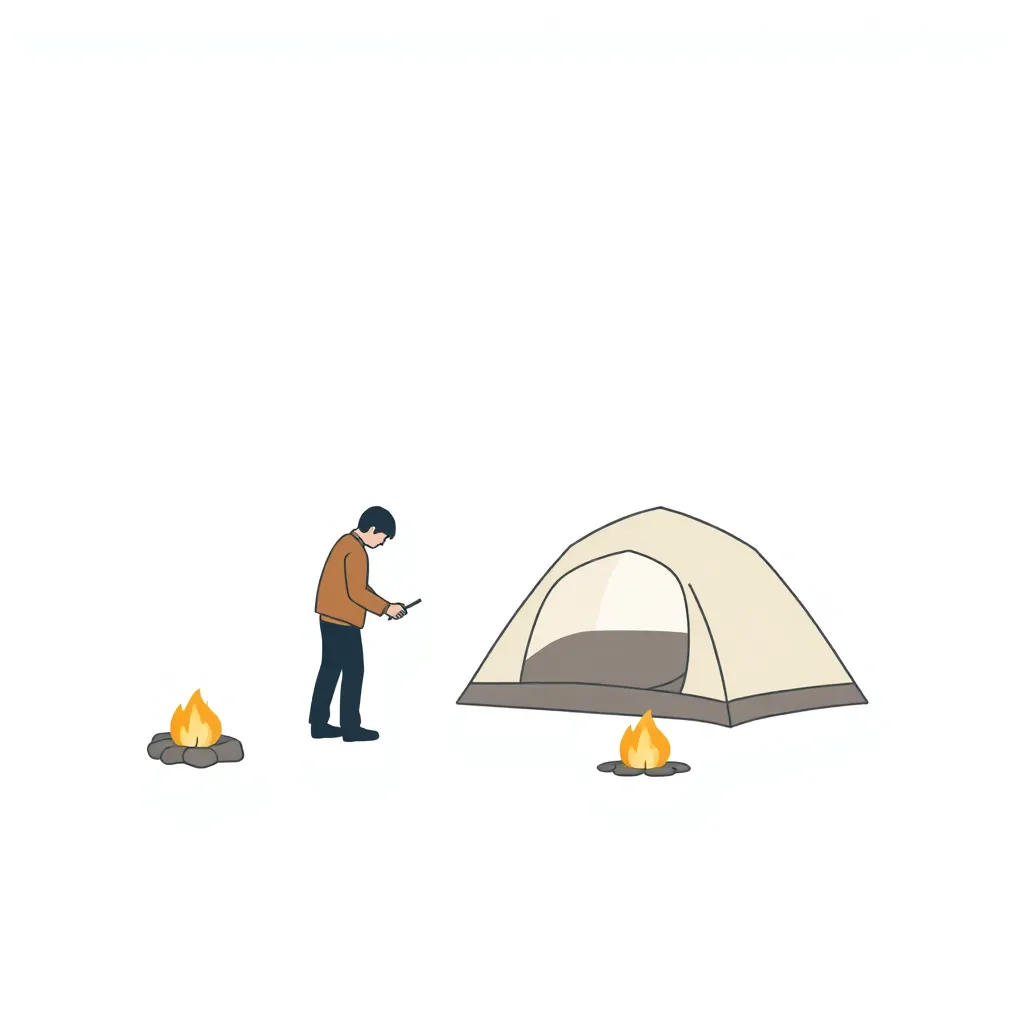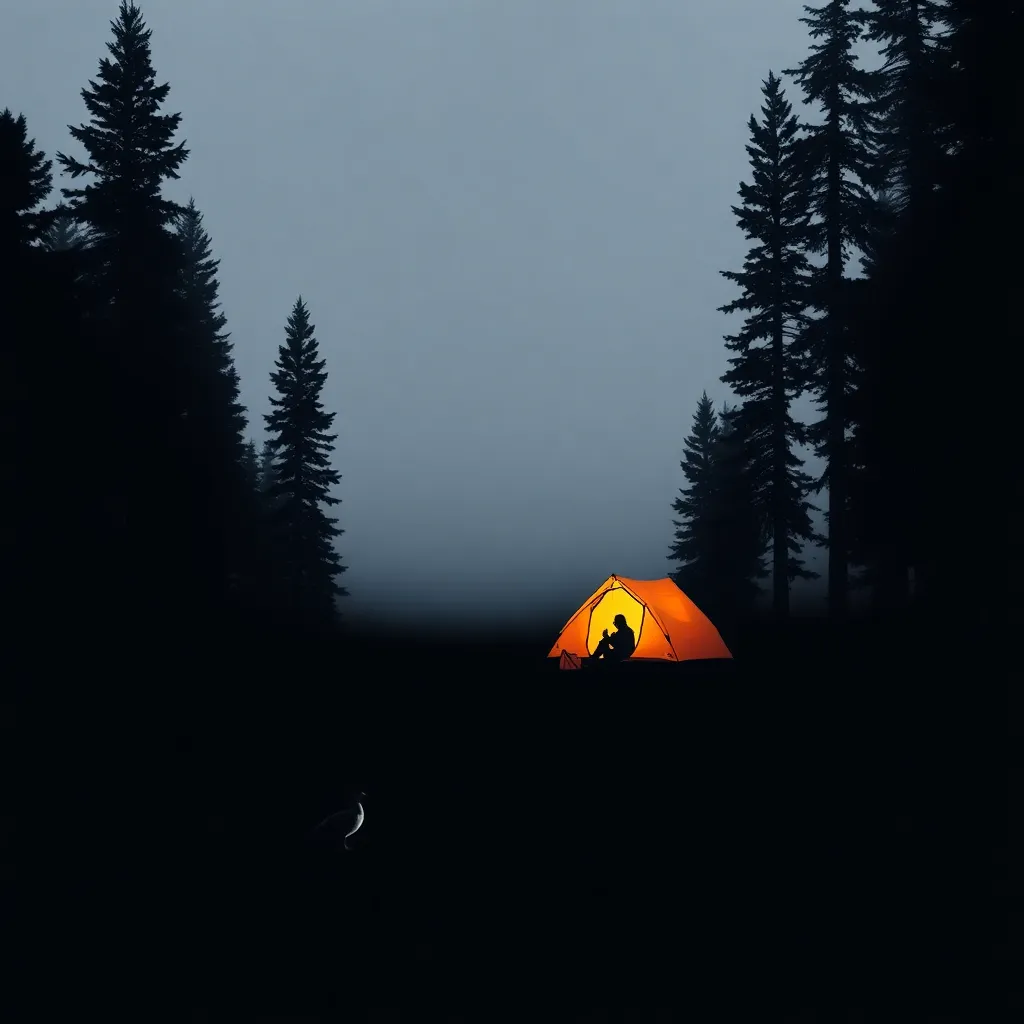Camping in Federal Parks: Unlock Nature's Splendor
Imagine waking up to the sound of birds chirping, surrounded by the serene beauty of nature, with the warmth of the sun rising over the horizon. This is what camping in federal parks is all about. The United States is home to numerous breathtaking federal parks, each offering a unique camping experience that allows you to connect with nature and create lasting memories. In this article, we will delve into the world of federal parks camping, exploring the hidden gems, providing tips on how to plan your trip, and discussing the benefits of immersing yourself in these protected landscapes.
Federal Parks Camping 101
Federal parks camping is a popular outdoor activity that allows you to experience the natural beauty of America's protected landscapes. With over 400 national parks and millions of acres of public land, there are countless opportunities to pitch a tent, build a campfire, and enjoy the great outdoors. From the rugged mountains of the West to the scenic coastlines of the East, federal parks offer a diverse range of camping experiences that cater to all levels of expertise and interest.
One of the most significant advantages of federal parks camping is the opportunity to connect with nature. By immersing yourself in the natural environment, you can develop a deeper appreciation for the world around you and foster a sense of respect for the land and its inhabitants. Whether you're a seasoned camper or just starting out, federal parks camping provides a unique opportunity to escape the hustle and bustle of daily life and recharge in a peaceful and serene environment.

Choosing the Right Park
With so many federal parks to choose from, selecting the right one for your camping trip can be a daunting task. To make the process easier, consider the following factors:
Location: Consider the location of the park and its proximity to your home or other attractions you want to visit. Some parks may be more accessible than others, so it's essential to plan ahead and research the park's location before making a decision.
Climate: The climate of the park can significantly impact your camping experience. Consider the time of year you plan to visit and the park's weather conditions. Some parks may be more suitable for winter camping, while others may be better suited for summer.
Amenities: Consider the amenities offered by the park, such as campsites, hiking trails, and recreational activities. Some parks may offer more amenities than others, so it's essential to research the park's offerings before making a decision.
Accessibility: Consider the accessibility of the park, including the availability of campsites, parking, and restrooms. Some parks may be more accessible than others, so it's essential to plan ahead and research the park's accessibility before making a decision.
Planning Your Trip
Planning your federal parks camping trip requires careful consideration and attention to detail. To ensure a successful and enjoyable trip, follow these steps:
Research the park: Research the park's website and other resources to learn more about the park's amenities, regulations, and camping options.
Check availability: Check the park's website or contact the park's reservation office to check availability of campsites and other amenities.
Make a reservation: Make a reservation for your campsite and other amenities, such as hiking permits or recreational activities.
Pack accordingly: Pack accordingly for your trip, including clothing, gear, and supplies.

Camping Regulations
Federal parks have specific camping regulations that must be followed to ensure a safe and enjoyable experience for all visitors. Some common regulations include:
Permits: Many parks require a permit to camp, which can be obtained through the park's reservation office or website.
Campsite restrictions: Some parks may have restrictions on campsite usage, such as limits on the number of people per site or the type of camping equipment allowed.
Quiet hours: Many parks have quiet hours, which prohibit noise after a certain time of day.
Fire restrictions: Some parks may have restrictions on campfires, such as prohibitions on building fires in certain areas or during certain times of the year.
Hidden Gems
While many federal parks are well-known and popular, there are several hidden gems that offer a unique and unforgettable camping experience. Some of these parks include:
Great Basin National Park, Nevada: Located in eastern Nevada, Great Basin National Park offers a unique camping experience amidst the park's limestone caverns and glacier-carved peaks.
North Cascades National Park, Washington: Located in the Pacific Northwest, North Cascades National Park offers a serene camping experience amidst the park's rugged mountains and pristine lakes.
Isle Royale National Park, Michigan: Located on an island in Lake Superior, Isle Royale National Park offers a remote camping experience amidst the park's wilderness and wildlife.

Practical Tips
When camping in federal parks, it's essential to be prepared and plan ahead. Here are some practical tips to keep in mind:
Bring a map and compass: A map and compass can help you navigate the park's trails and find your campsite.
Pack layers: The weather in federal parks can be unpredictable, so it's essential to pack layers to stay warm and comfortable.
Bring a first aid kit: A first aid kit can help you treat minor injuries and illnesses while camping.
Respect wildlife: Federal parks are home to a variety of wildlife, including bears, deer, and other animals. It's essential to respect their habitat and keep a safe distance.
Making the Most of Your Trip
To make the most of your federal parks camping trip, consider the following tips:
Take a guided tour: Many parks offer guided tours, which can provide valuable insight into the park's history, geology, and wildlife.
Participate in recreational activities: Federal parks offer a variety of recreational activities, including hiking, fishing, and boating.
Attend a ranger program: Many parks offer ranger programs, which can provide valuable information about the park's natural and cultural resources.

Preserving Our National Parks
Our national parks are a precious resource that requires our protection and preservation. Here are some ways you can help:
Follow park regulations: By following park regulations, you can help protect the park's natural and cultural resources.
Participate in park cleanups: Many parks offer cleanups and other volunteer opportunities, which can help protect the park's environment.
Support conservation efforts: Consider supporting conservation efforts, such as donating to park organizations or purchasing park merchandise.
Conclusion
Federal parks camping is a unique and unforgettable experience that allows you to connect with nature and create lasting memories. By planning ahead, following park regulations, and respecting the park's natural and cultural resources, you can make the most of your trip and help preserve our national parks for future generations.
However, we know that booking a campsite in a popular federal park can be challenging, especially during peak seasons or holidays. That's why we recommend using a service like YesYouCamp, which provides campsite availability notifications and helps you book hard-to-find campsites for your dream camping trip. With YesYouCamp, you can say goodbye to the frustration of searching for a campsite and hello to a hassle-free way to secure a campsite, even at popular and in-demand locations.

So why wait? Start planning your federal parks camping trip today and make the most of your outdoor adventure. With a little planning and preparation, you can create memories that will last a lifetime.
